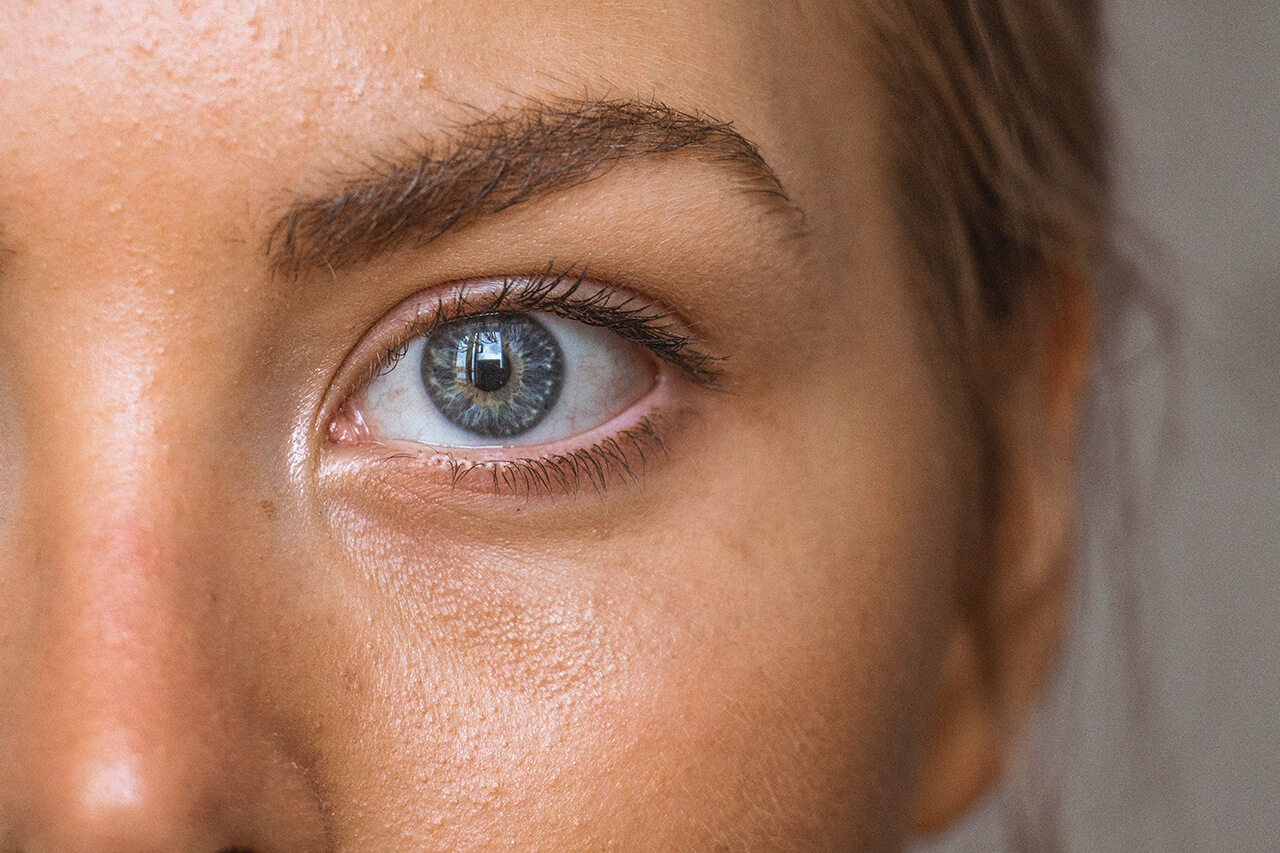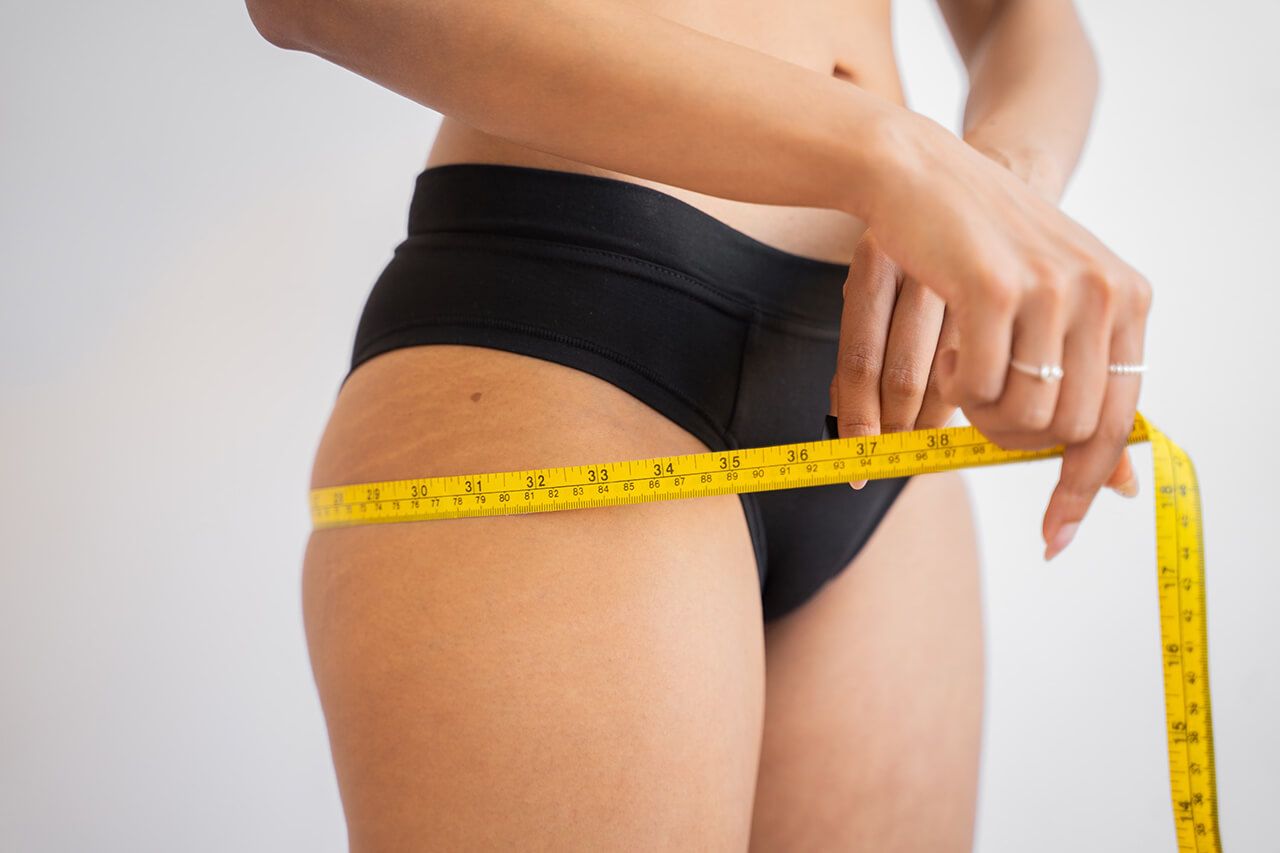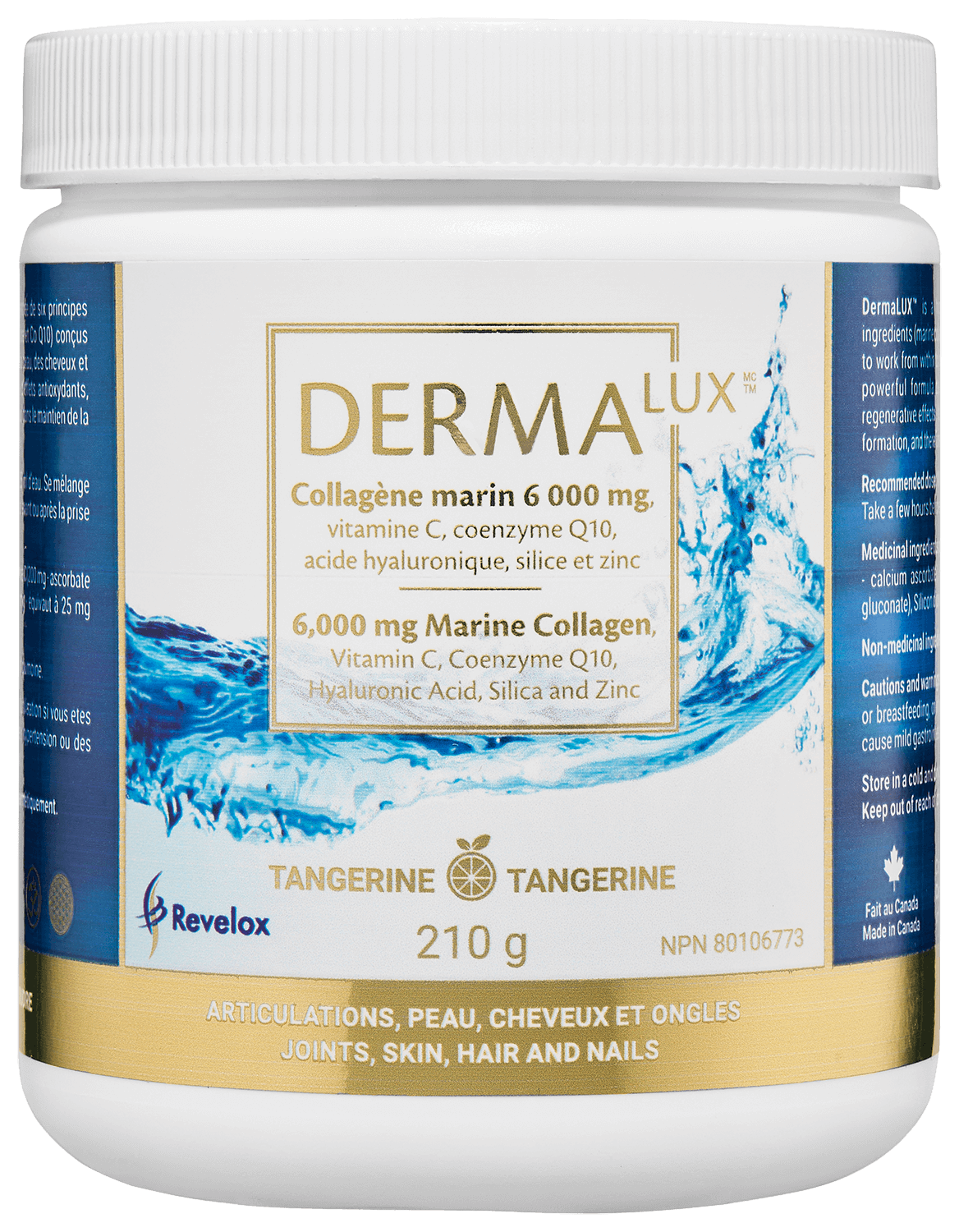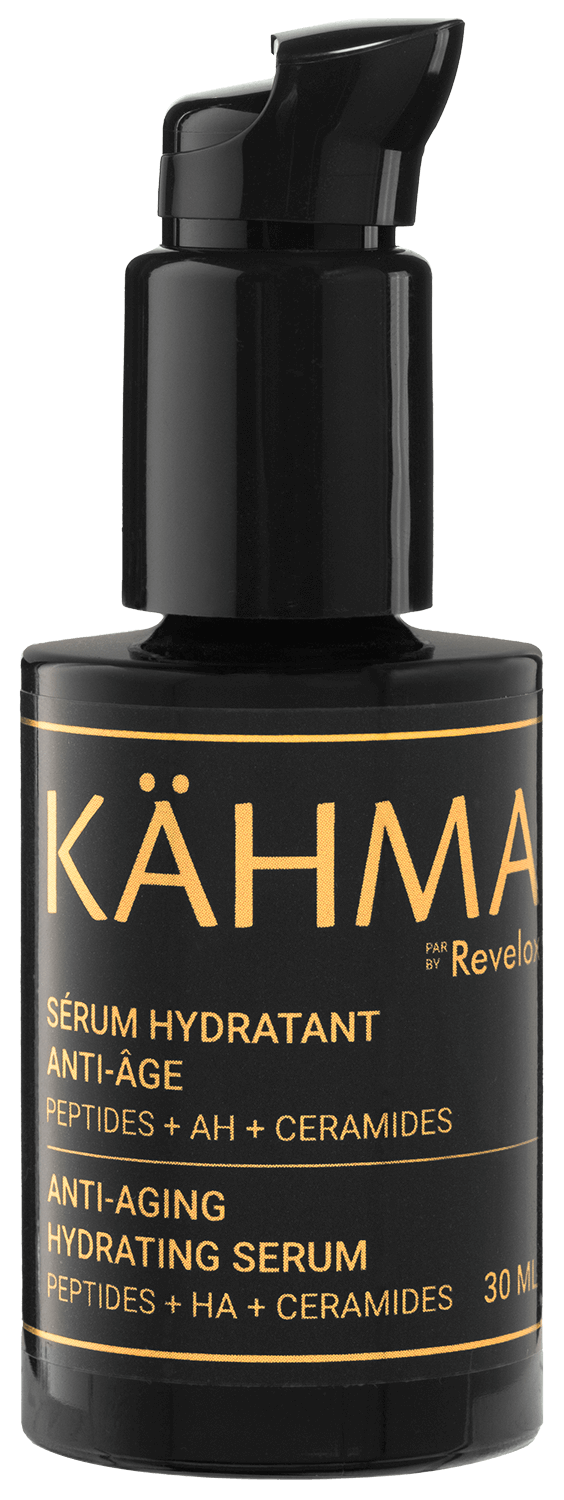The menopause can be a challenging experience, to say the least.
Alongside dreaded hot flashes and unpredictable mood swings, you’re also faced with accelerated collagen loss, leading to less supple skin, and more brittle bones…
The good news?
There is a growing body of research and anecdotal evidence to show that collagen consumption may support symptoms often associated with the menopause.
In this post, we’ll explore the mechanism behind menopausal collagen loss, and how collagen supplementation can play a key role in nourishing your body moving forward.
How The Menopause Impacts Collagen (And Your Body)
Collagen is the most abundant protein found in the human body, helping to support healthy bones, connective tissues, hair, skin, and nails. However, studies show a significant reduction in collagen synthesis occurs during the menopause [1].
In studies, up to 30% of dermal collagen was lost in the first 5 years after the menopause and that levels subsequently reduce at a rate of 2% per menopausal year.
It’s thought that this is due to the decrease in estrogen production, as there are estrogen beta receptors in the skin’s dermal matrix that are usually involved in collagen formation.
The result?
Reduced collagen leads to diminished elasticity and sking strength[2]. When combined with dryness from hormonal changes, we see more sagging, fine lines and wrinkles. It’s also common to experience a loss of bone density, as collagen is a key structural protein that supports strong bones.
4 Ways Collagen Can Help With Menopause Side Effects (Backed By Science)

1. Enhanced Skin Elasticity
Skin ageing is one of the most common concerns women have when going through the menopause, but it turns out collagen supplementation may help.
A 2015 study showed that a supplement containing collagen led to significant improvements in wrinkle depth, elasticity, and hydration of the skin in females aged 45-64.[3]
2. Improved Bone Density
Loss of bone density common post-menopause, potentially increasing your risk of osteoporosis later in life.
A review study concluded that Collagen hydrolysate has a positive therapeutic role in osteoporosis and osteoarthritis – potentially increasing bone mineral density, protecting cartilage, and providing pain relief.[4]


3. Increased Hair Volume
Collagen makes up 70% of the dermis – the middle layer of skin that houses individual hair roots.
Studies show that collagen supplementation can lead to significant improvements in hair volume, thickness, and shine, along with enhanced skin smoothness.[5]
4. Reduced Weight Gain
Weight gain is a common side effect experienced in menopause, but collagen may give you a helping hand.In animal studies, collagen supplementation was shown to reduce weight gain typically associated with a decline in estrogen levels during the menopause.[6]

Collagen and Menopause Case Studies
As well as the science, here at Revelox we’ve had plenty of happy customers reporting excellent results:
“I have been taking the supplement now for about 3/4 months. I can honestly say, I feel so much better. I’m sleeping through the night now and my hot flushes have stopped!! My hair is glossier and thicker. My skin is improving slowly, it’s feeling softer and slightly more firm. I absolutely love this product and will continue to take it daily. Many thanks!!!”
“I have been taking this supplement in a morning glass of orange juice (150ml) I leave to dissolve for 1/4 hour/20 minutes hardly needing to stir it. I am absolutely amazed by results so far! After only 3 weeks my hair felt so much thicker. The last 4 years after always enjoying thick hair it has thinned quite dramatically probably due to menopause I am nearly 52. I am very excited I am getting my hair back again!”
While it can often seem like you’re fighting a losing battle during the menopause, there’s good evidence to suggest that collagen can give you the helping hand you need.
So what are you waiting for?
Sources
- https://pubmed.ncbi.nlm.nih.gov/12762829/
- https://www.ncbi.nlm.nih.gov/pmc/articles/PMC6047276/
- https://www.jmnn.org/article.asp?issn=2278-1870;year=2015;volume=4;issue=1;spage=47;epage=53;aulast=Borumand
- https://www.scielo.br/j/rbgg/a/fk95TfhxB7mPsmqYRDdHH8K/?format=pdf&lang=en
- https://www.ncbi.nlm.nih.gov/pmc/articles/PMC3509882/
- https://www.ncbi.nlm.nih.gov/pmc/articles/PMC5118756/
Recommended Products

DermaLux
Highly concentrated collagen formula, beauty supplement for your skin, hair, nails and joints.

Anti-aging hydrating serum
Protects the skin against aging, and genetic and environmental stressors.

Moi quand je prends le collagen j ai mes bouffees de chaleurs qui augmentent est ce normal???
Bonjour Madame Sylvie,
Normalement, le collagène ne procure pas de poussées de chaleurs. Avez vous un condition de santé pour laquelle pour prenez des médicaments?
moi aussi ça augmente les bouffé de chaleur j’ai du arrêter la qualité de vie n’y est plus